Applications Open for NEET (PG) 2024
The National Board of Examinations in Medical Sciences (NBEMS) invites applications for medical aspirants seeking to appear for NEET(PG) 2024 which is scheduled to be held on June 23rd, 2024. The exam is set to be conducted on a Computer Based Platform at various test centers across the country. Candidates who are planning to appear…



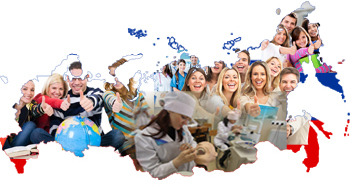
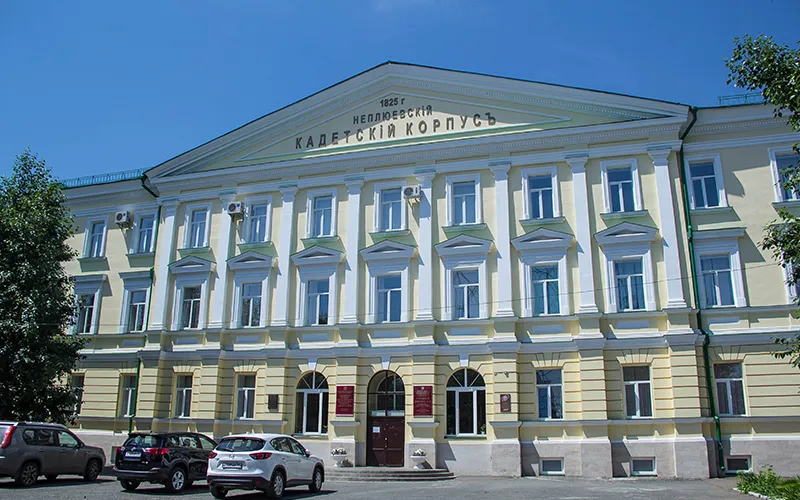
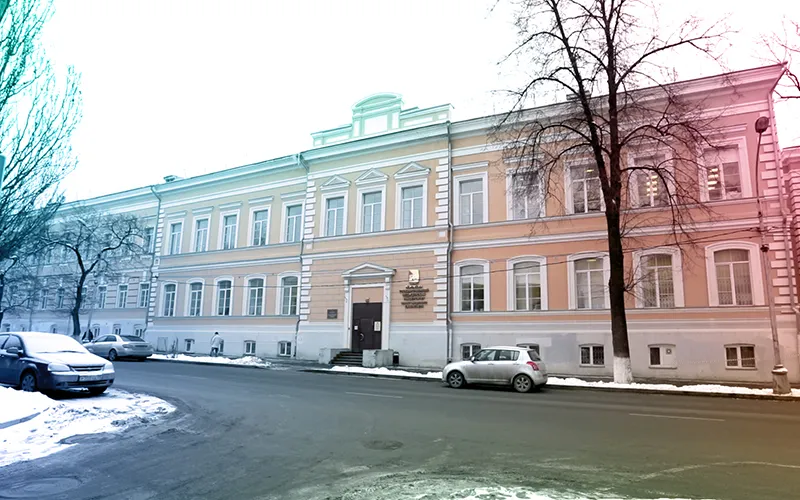
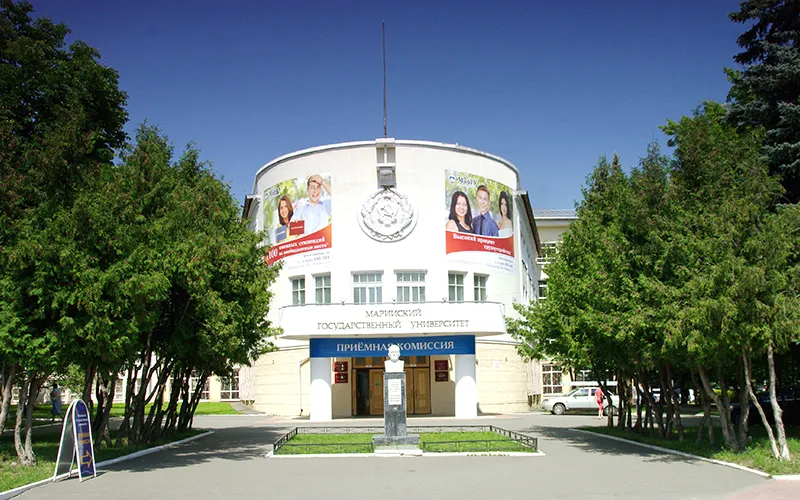

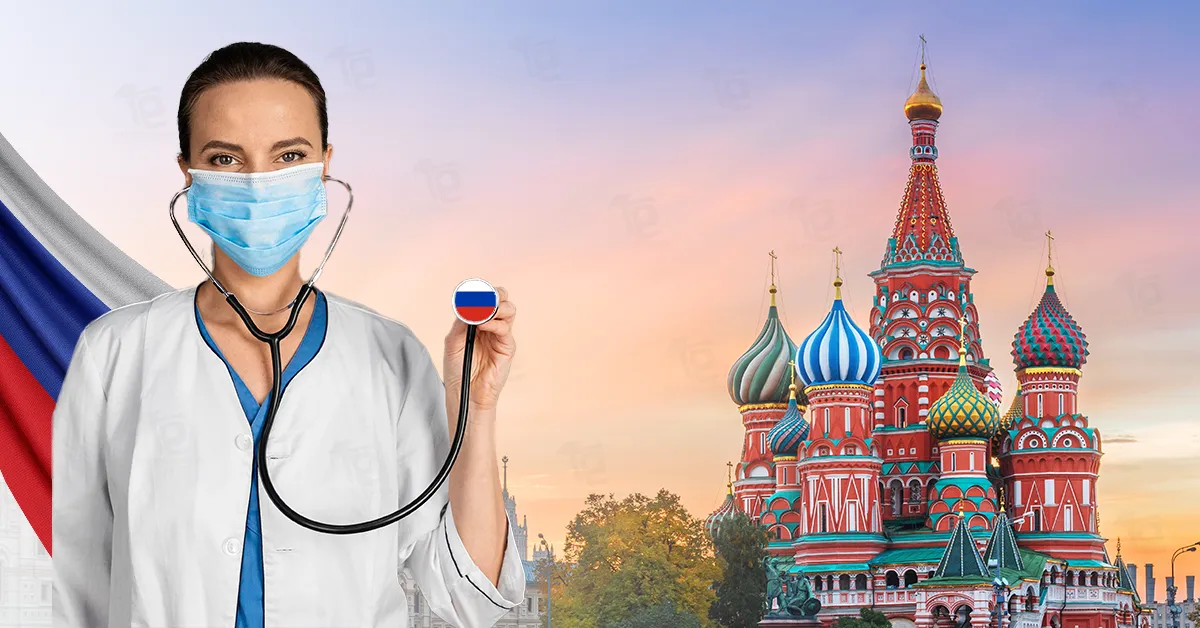


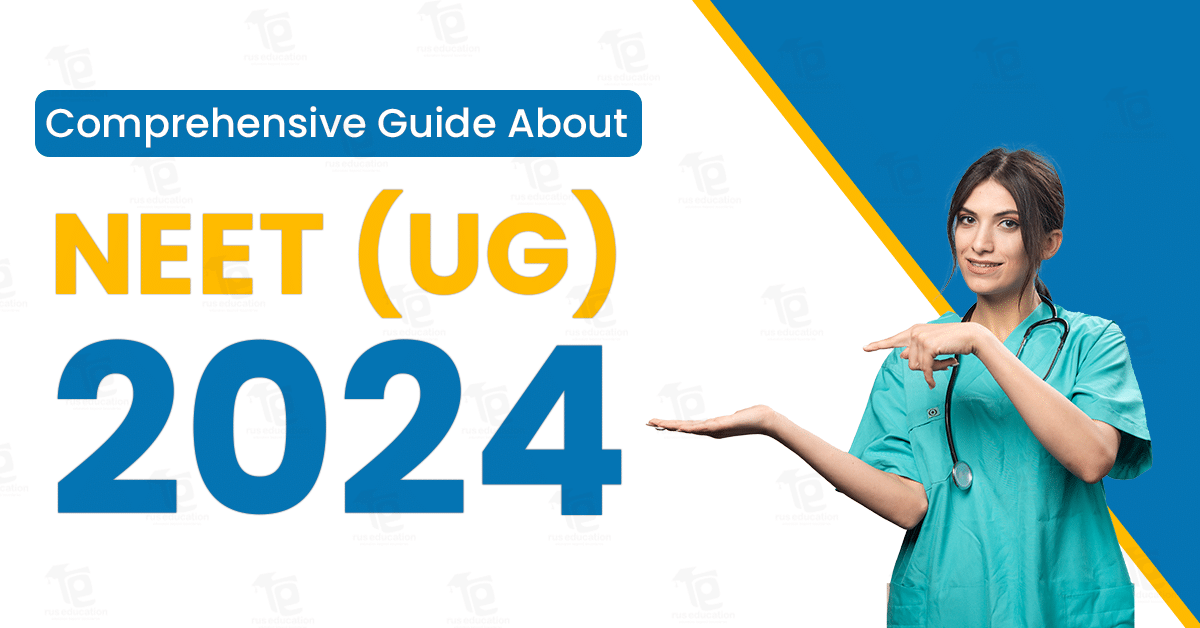
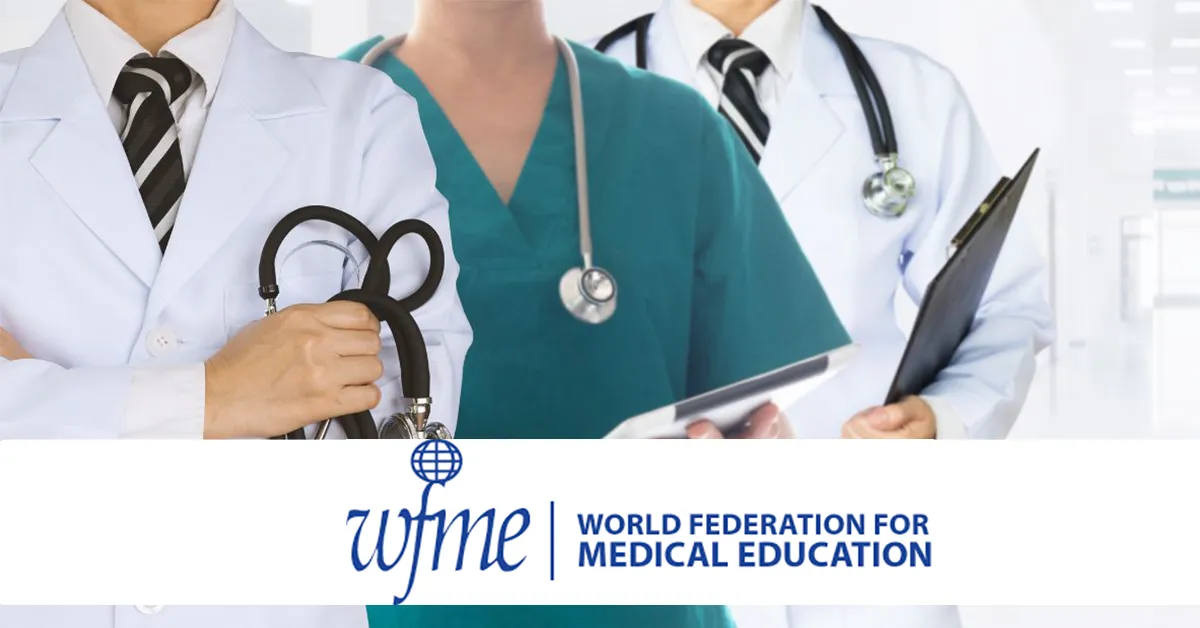
.png)

